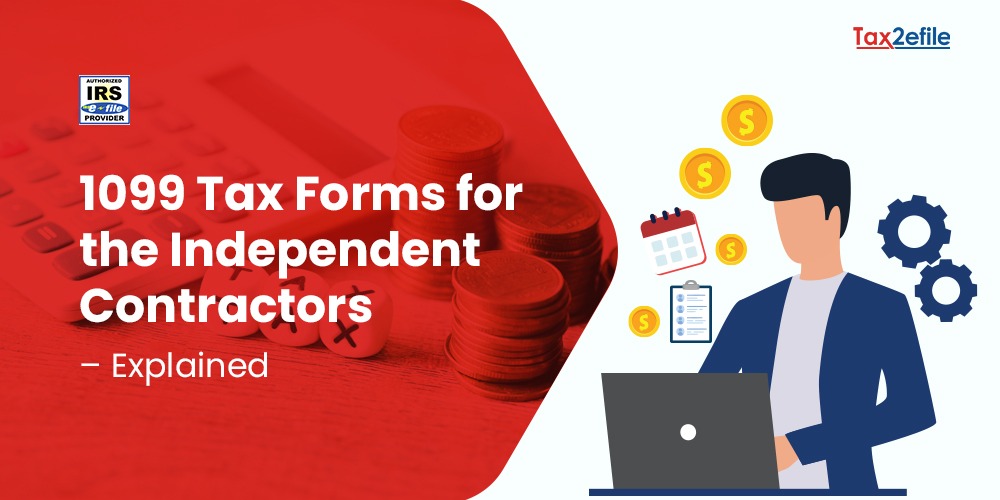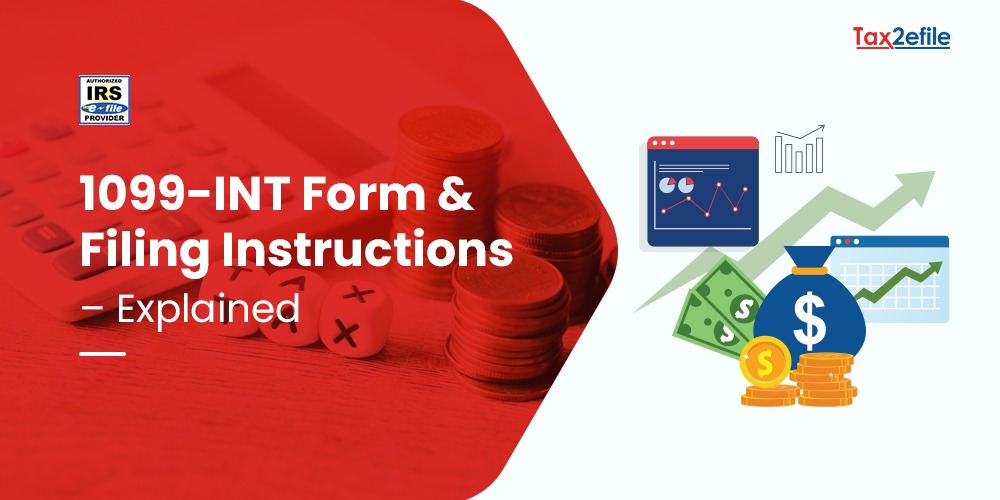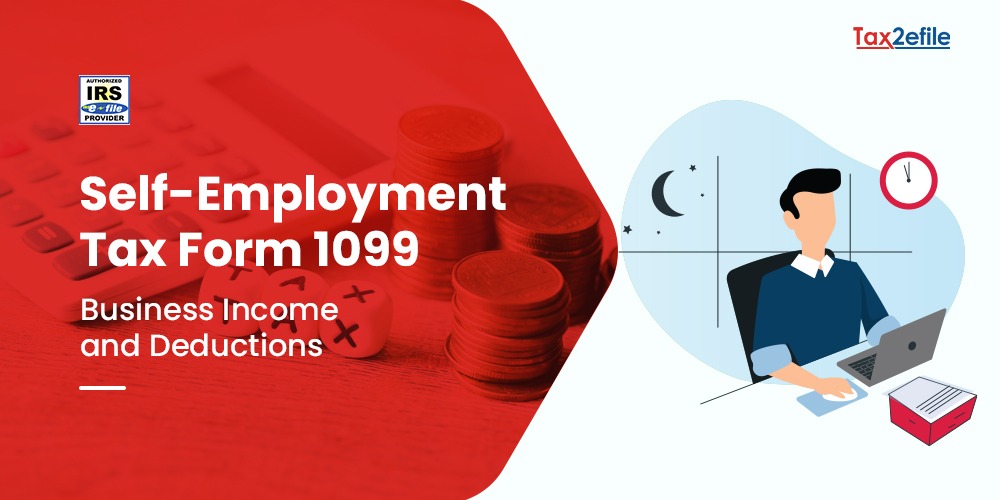- September 28, 2015

The IRS Form 1099 reports income from dividends, interest, government payments, self-employment earnings, and more. It is basically a series of important documents which is referred to as information returns by the IRS or Internal Revenue Service. There are different types of IRS forms reporting varied types of income that an individual might be receiving throughout the year apart from the salary paid by an employer. The entity or the person paying the amount bears the responsibility of filling out the 1099 form in the appropriate manner and sending it to the taxpayer by 31st January.
Table of Contents
Independent Contractor Form
Employers report the annual earnings of their employees at the end of the year and this is done on Form W-2. Employers do this for their employees because the employees earn a specific wage or salary. However, this is not the case with self-employed people or independent contractors. Self-employed people or independent contractors receive a form 1099-MISC from their clients who pay them a minimum of $600 during the entire tax year. This can best be understood by an example. Suppose that you are an artist, consultant, or freelance writer. You provide your services to companies and individuals on a contractual basis. The money that you get in return for your services should be reported to you on Form 1099-MISC. While preparing the tax return on your income, you are required to report all your earnings and make payments for income tax on your earnings.
1099 Form for Dividends and Interest
You might receive IRS Form 1099 when you possess a portfolio of mutual funds or stock investments. However, the form type would be Form 1099-DIV. You can use this form for reporting dividends as well as other distributions that you receive throughout the year. Remember that these payments are completely different from the income that you earn through the sale of stocks. You must understand that it is basically a payment made to shareholders from the earnings of the corporation. The other payment types that you have might pay intermittent interest payments in place of dividends. Such varieties of interest payments also tend to be taxable and they are reported on Form 1099-INT. Generally, taxpayers get these forms through the banks where they maintain savings accounts.
Government Payments
The state and federal governments need to take responsibility for reporting the incomes that they pay to the taxpayers. The IRS Form 1099 is used by government agencies but in this case, the form type is 1099-G. Government agencies use Form 1099-G for reporting unemployment compensation and state income tax refunds received by individuals during a particular year. In case you receive an unemployment income, it is your duty to include the amount the state government reports on form 1099-G in your taxable income. Nevertheless, you need to include only the state refund of your income in case you claimed a deduction for the state refund in the previous tax year.


